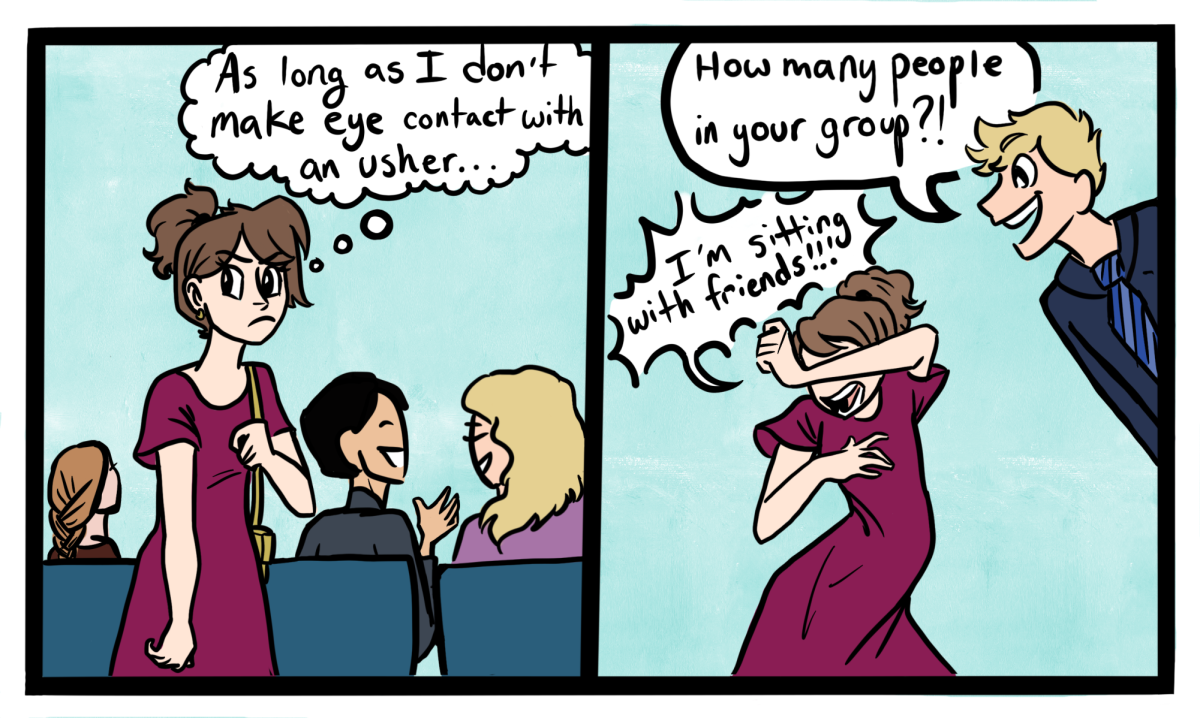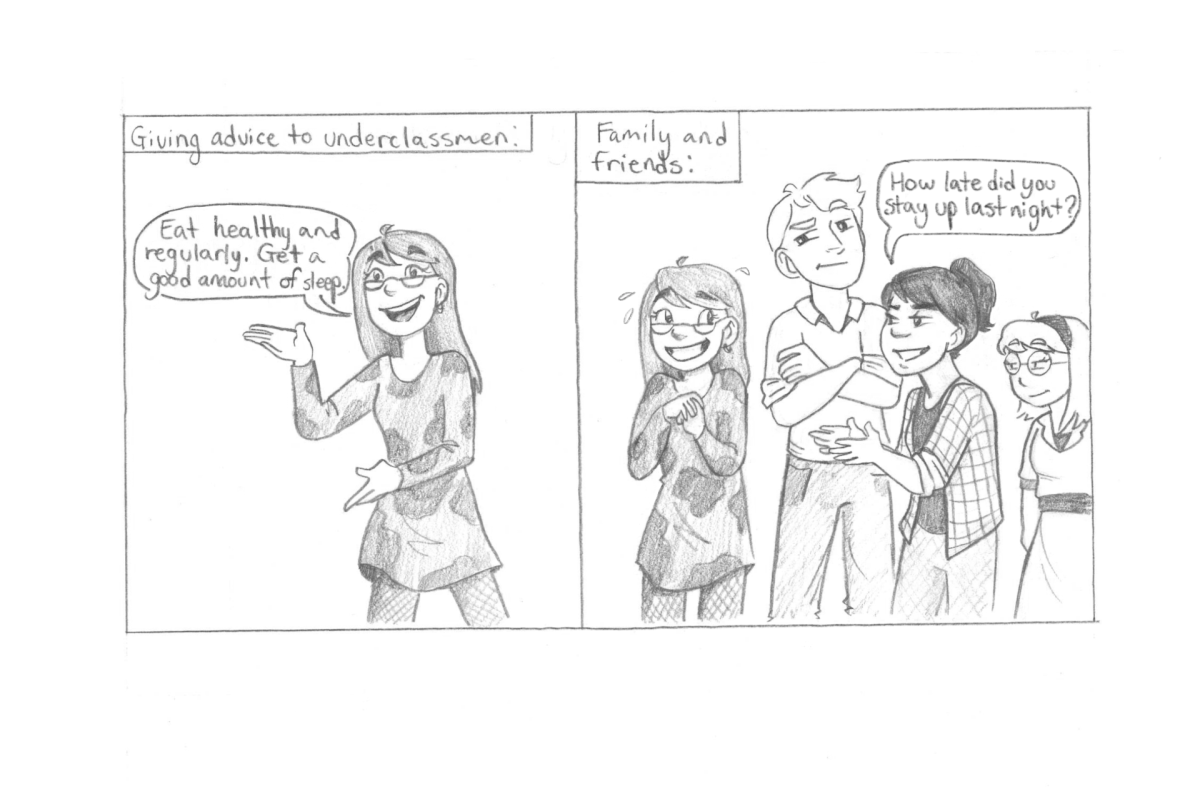The idea of confronting people over their mistakes is a biblical one. In no way should a Christian ever condone actions like hate speech, racism or sexual harassment, common reasons people are canceled on social media or even in their personal lives. However, cancel culture has become so extreme in imposing arbitrary consequences on people, it is becoming the Salem witch trials of today.
Christians have a biblical mandate on how to lovingly confront each other regarding relational problems we have with each other. Jesus said in Matthew 18 the first step is speaking with the one at fault alone and only involving more people if the person refuses to listen. Serious issues that still cannot be resolved should be brought to the attention of the church.
Christ said, “And if he shall neglect to hear them, tell it unto the church: but if he neglect to hear the church, let him be unto thee as an heathen man and a publican.” (Matthew 18:17) If a believer will not change his ways after following this process, it is actually biblical to “cancel” them, or not include him in your closer circle. However, this does not mean you are unkind to that person. It means removing a toxic relationship you have first tried to fix.
But cancel culture does not follow this biblical structure for interpersonal issue resolution. Cancel culture is very public. Internet shaming and even disgracing people in public can lead to damage in their personal lives, careers and futures as the internet preserves their shame forever. There is often no coming back for those who have been publicly canceled, ruling out the chance for forgiveness after a person may genuinely repent.
Also, there is a fine line between confronting someone when he has wronged you and attempting to get revenge on him for his actions. Christ said in Matthew 5:39, “But I say unto you, That ye resist not evil: but whosoever shall smite thee on thy right cheek, turn to him the other also.” Paul cautions in Romans 12:19, “Dearly beloved, avenge not yourselves, but rather give place unto wrath: for it is written, ‘Vengeance is mine; I will repay,’ saith the Lord.” While it is easy to post a scathing comment on a Facebook post to call someone out in order to punish their actions, that should not be our goal.
Cancel culture also often jumps to conclusions, ostracizing people who are not in the wrong. For example, Forbes reports a Skidmore College professor being boycotted simply for attending a pro-police rally out of curiosity to hear the message being presented. The professor was condemned as racist online, leading to an investigation by his university.
Refusing to stand for the harmful or hateful actions of well-known public figures or private persons is admirable when handled in Christlike love, but cancel culture removes any hope of grace. Unlike how Christians are called to forgive, cancel culture punishes a person indefinitely.
















































